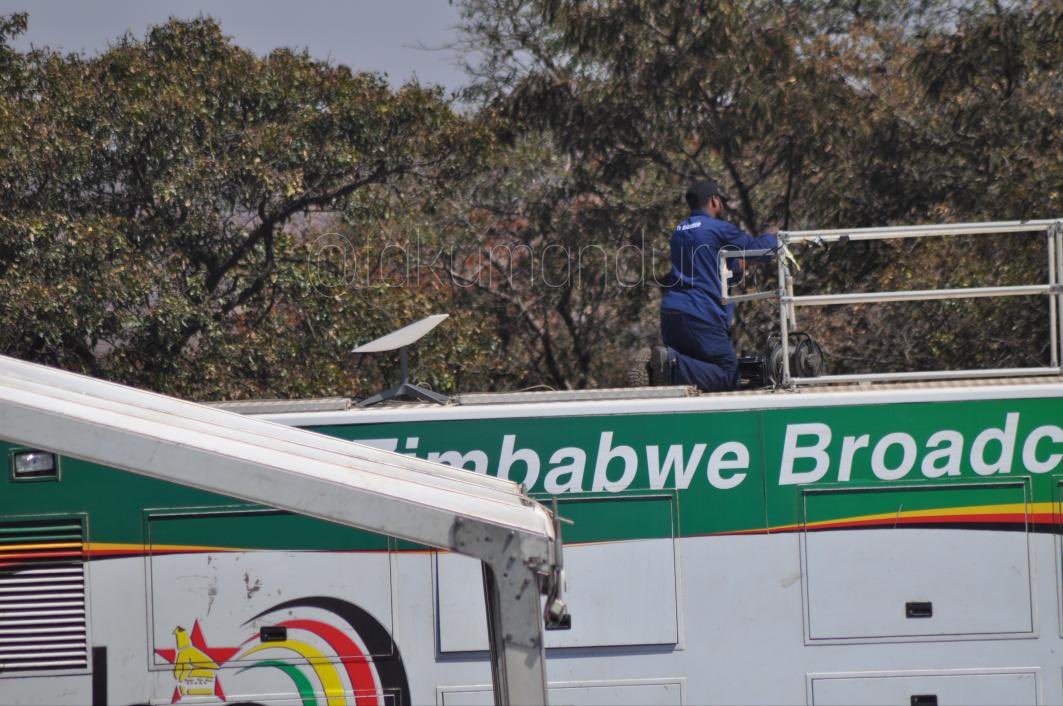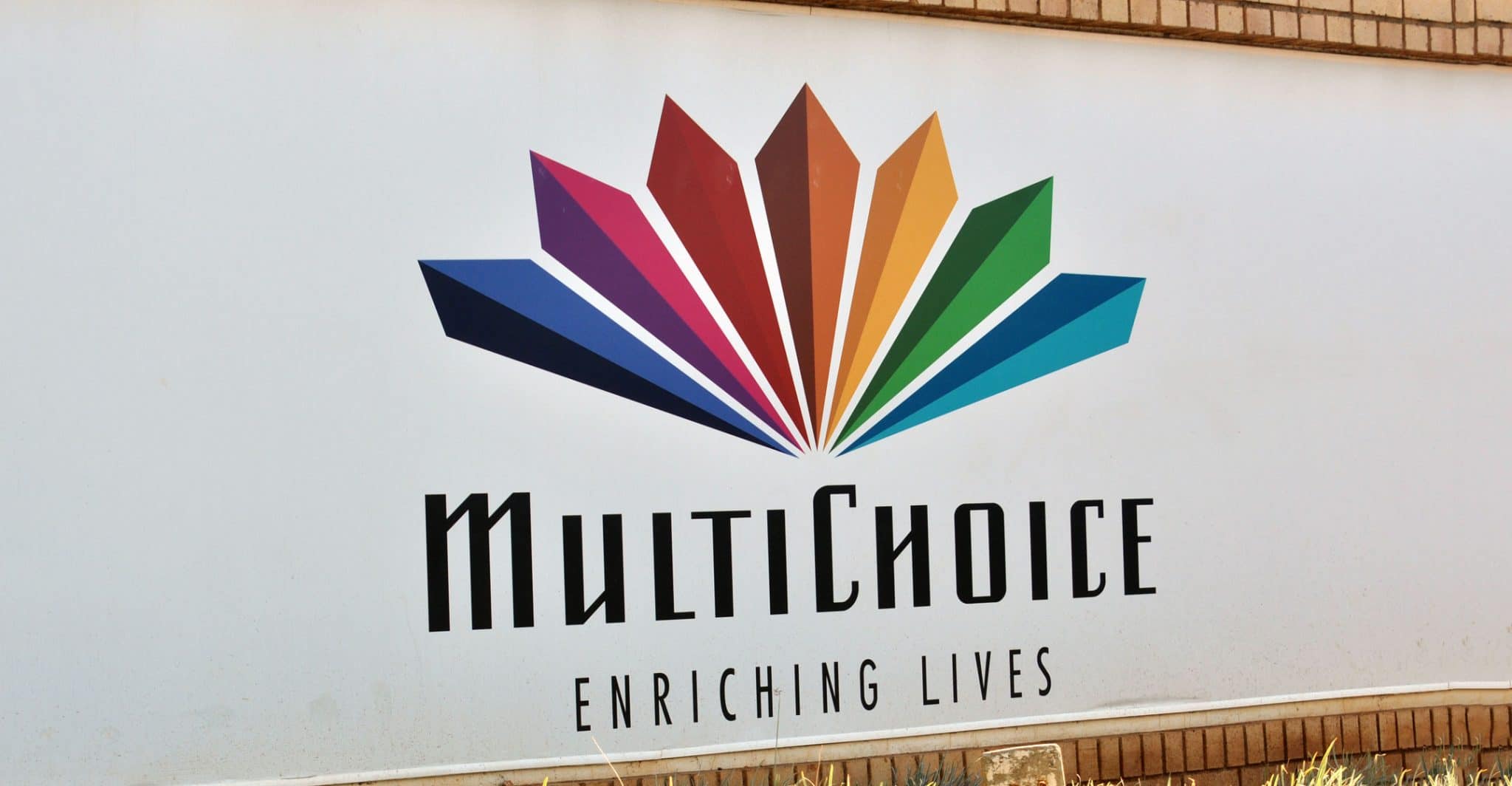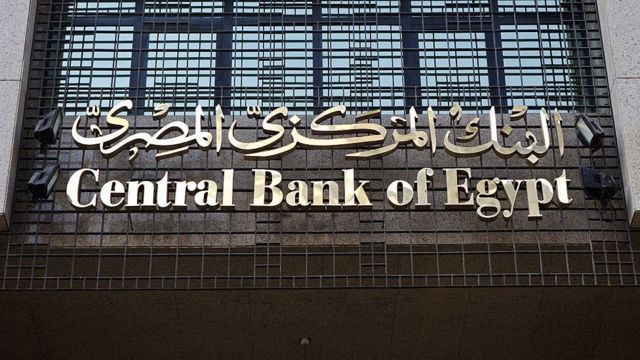Starlink’s communication categorises Zimbabwe as an “unauthorised territory” for SpaceX’s satellite Internet service, emphasising the lack of official approval for this technology within the country’s borders.
This characterization aligns Zimbabwe with South Africa and Botswana, where similar authorizations for SpaceX’s broadband satellite Internet service are pending.
The absence of formal authorization signifies regulatory challenges faced by innovative telecommunications services like satellite Internet. Without recognition and compliance with national regulatory frameworks overseen by entities such as the Postal and Telecommunications Regulatory Authority of Zimbabwe (POTRAZ), providers encounter obstacles in legally and effectively delivering services.
Read also: StarSat Africa to cut Starlink prices in SA by 20%
This situation underscores the criticality of regulatory compliance in the telecommunications sector, particularly for emerging technologies. Collaborative efforts between regulatory bodies and industry players are pivotal in navigating these challenges, ensuring alignment with laws while fostering technological advancement.
Ongoing dialogue and partnerships between telecom regulators and satellite Internet providers are imperative. They facilitate understanding and address regulatory nuances, paving the way for lawful and efficient service delivery. Such collaborations uphold regulatory standards, protect consumer interests, and promote industry growth within a structured legal framework.
As Zimbabwe progresses in its telecommunications landscape, continuous engagement between regulators and stakeholders remains essential. This engagement drives innovation, shapes regulatory policies, and ensures that telecommunications services, including broadband satellite Internet, evolve responsibly to meet national objectives and industry demands.
Regulatory Challenges for SpaceX’s Satellite Internet in Zimbabwe
The characterization of Zimbabwe as an “unauthorised territory” for SpaceX’s satellite Internet service, as communicated by Starlink, reflects the current status of regulatory approval for broadband satellite services within the country. Much like South Africa and Botswana, Zimbabwe has yet to grant official authorization for SpaceX’s satellite Internet service to operate as a recognized provider within its borders.
This designation highlights the importance of regulatory compliance and formal authorization in the telecommunications sector, especially concerning innovative services such as satellite Internet. Without official approval and recognition from regulatory bodies like the Postal and Telecommunications Regulatory Authority of Zimbabwe (POTRAZ), service providers may face constraints in offering their services legally and efficiently within the country.
Read also: Starlink’s usage in Ghana stirs controversy
The absence of formal authorization also underscores the need for ongoing dialogue and collaboration between telecom regulators and satellite Internet providers to address regulatory requirements and ensure compliance with national telecommunications laws. Such collaborations can facilitate the smooth introduction of new technologies and services while upholding regulatory standards and consumer protections.
As Zimbabwe navigates its telecommunications landscape, the engagement between regulatory authorities and industry stakeholders will play a crucial role in shaping the future of broadband satellite Internet services and ensuring that they align with the country’s regulatory framework and strategic objectives.









